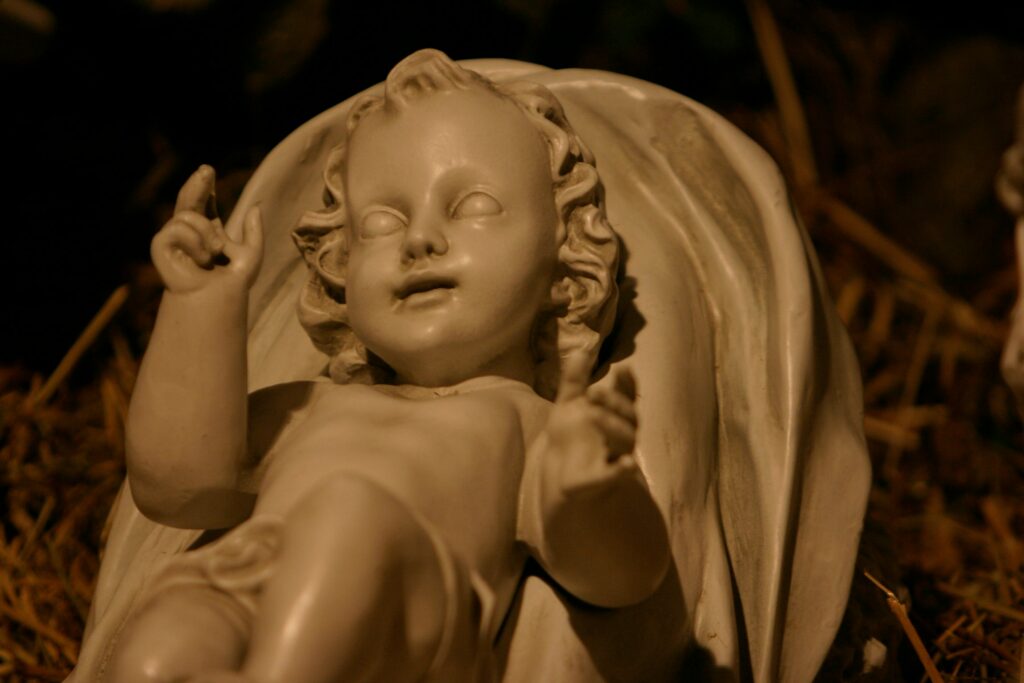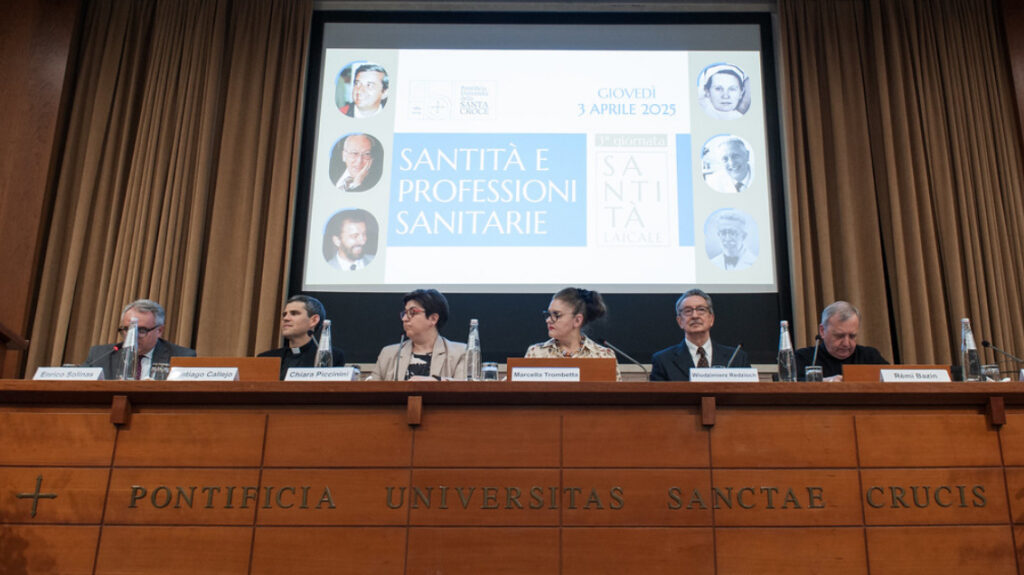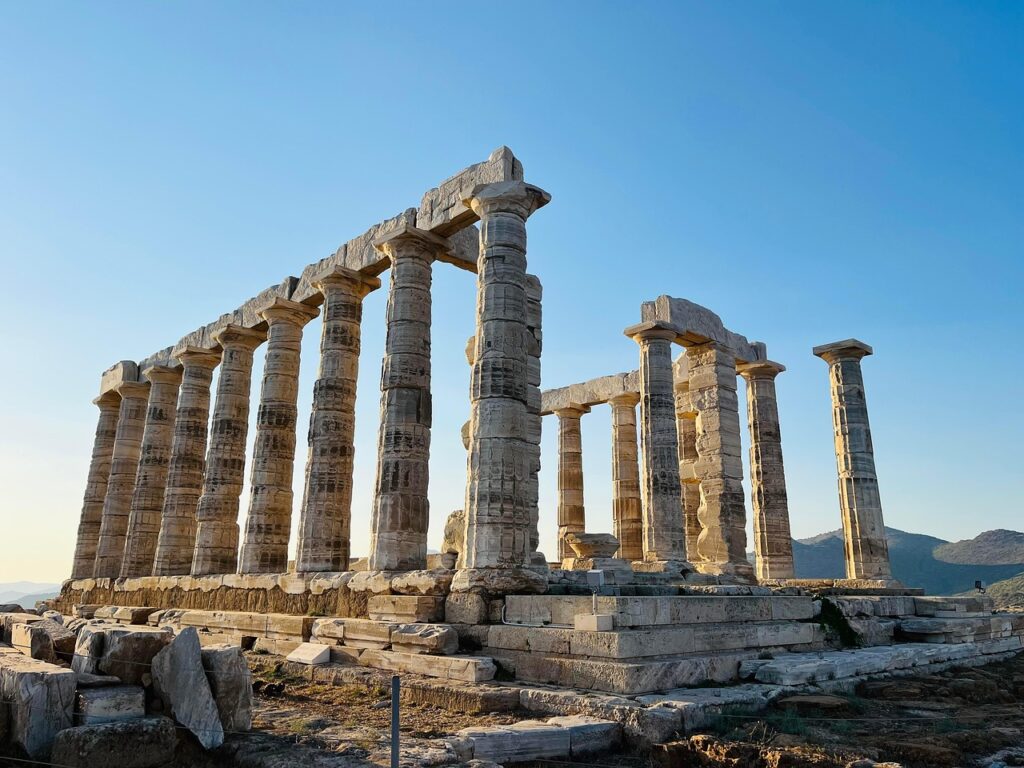Reflection by Monsignor Enrique Díaz: It smells of hope
First Sunday of Advent

Monsignor Enrique Díaz Díaz shares with the readers of Exaudi his reflection on the Gospel of this Sunday, December 1, 2024.
***
Jeremiah 33, 14-16: “I will make a holy shoot grow from the stem of David”
Psalm 24: “Make known to us, Lord, your ways”
I Thessalonians 3, 12-4, 2: “May the Lord strengthen them until the Lord comes”
St. Luke, 21, 25-28. 34-36: “Their liberation is near”
Under the sign of hope, the apostle Paul encouraged the Christian community of Rome. Hope also constitutes the central message of the next Jubilee 2025, which the Pope convenes according to an ancient tradition every twenty-five years. With the torch of hope, Pope Francis invites us to this jubilee year that begins with its upcoming preparation in Advent. Everyone hopes. In the heart of every person, there is hope as a desire and expectation of good, even if we do not know what tomorrow will bring. However, the unpredictability of the future often gives rise to conflicting feelings: from trust to fear, from serenity to discouragement, from certainty to doubt. Advent is hope.
The journey of Advent requires preparation, perseverance, adequate means and much hope that will ultimately lead us to contemplate the most precious light that shines in the midst of darkness: Jesus Christ. Advent is that time of joy, of waiting that is lived as a movement, as a dynamism and as a joy. However, on this first Sunday, the reading of Saint Luke could instill fear in us and discourage us on our journey. He announces with catastrophic signs in the sun, the moon and the stars that the day of the Lord is near. But these are not manifestations that allow us to calculate in advance the moment of the Lord’s Coming, because they are events that have occurred and will continue to occur in different places. We cannot remain only in these “preparatory” or indicative signs of the Coming of the Lord. The most important thing that should motivate us is that then: “You will see the Son of Man coming,” and then the hour of liberation is approaching.
Christ uses many images to make us understand what the true attitude of the disciple is: “pay attention, raise your head, be alert.” He does not tell us that there will be no difficulties, he does not tell us that the path is easy, but he invites us to raise our heads. Jesus calls us to venture out in his search and wait. We cannot remain static because “it smells of fear.” When violence and insecurity surround us, when there are cries of pain and anguish, one of the greatest temptations is to flee, run, pretend not to understand and bury our heads. Christ proposes another way: to face difficult situations with our heads held high, but with vigilance and alertness. Facing difficulties will always be a better solution than doing nothing. Standing by with our arms crossed is the worst solution. I am struck by the reading of Jeremiah, who frequently admonishes the people or threatens them with new punishments because of their bad behavior. Today he proclaims words of hope for the people who are about to succumb: “I will make a holy shoot grow from the stem of David, who will do justice and right in the land… Then they will call Jerusalem: ‘The Lord is our righteousness. ’” When everything seems lost, when Jerusalem is about to fall into the hands of the enemy, the Lord through Jeremiah lights a light of hope to sustain them in their misfortunes. Likewise, in our days, the words of Advent are a word of encouragement for all those who struggle and put their hope in the Lord.
If these words of encouragement help us to raise our heads, they do not in any way invite us to live irresponsibly in the present moment. We cannot succumb to fear, and the Lord warns us: “Be on your guard, lest vices, debauchery, drunkenness and the worries of this life, cloud your minds.” There are those who, even in this difficult situation, choose the easy path of forgetting vices and drunkenness. There are those who want to make people forget their pain with bread and circuses, but who do not offer comprehensive and true solutions. We must be careful with what dulls the heart and extinguishes hope. The harshest is sadder and the fall harder for those who walk without caution. The message of Jesus does not prevent us from problems and insecurity, but it teaches us how to face them. The disciple of Jesus has the same causes of anguish as the non-believer; But being a Christian consists of a different attitude and reaction: that of hope that maintains our faith in the promises of the liberating God and that allows us to discover the passage of that God in the drama of history. We are certain that unjust structures can only be removed from the heart of man by the passage of God’s love and his justice. So let us not dull our hearts! Let us fill them with hope!
Jesus calls us to be alert, to watch and to pray. These are the tools that he offers us to make this journey of waiting. Advent smells of hope, not of fear and anguish. It is nourished by prayer and vigilance together with work on behalf of our brothers so that the promises of the Savior may be verified in our lives. We do not expect a “new physical birth of Jesus,” but the memorial of his birth will help us to truly have him born in our hearts. We hope that he will return in his love, in his light and in teaching. Advent is a journey that we must begin without fear, that we must walk with caution so as not to fall into the traps of evil, and that we must continue strengthened by prayer, vigilance, and love.
What does this time of Advent stir in our hearts? What risks do we run in these times: despair, indifference, conformism? How do we prepare for Christmas?
Good Father, awaken in us the desire to prepare for the coming of Christ with an alert heart, with our senses vigilant, and with fraternal love, so that our people may find in his presence “justice and right.” Amen.
Related

“Highway to Heaven” Arrives in Rome: Carlo Acutis’ Musical Evangelizes with Art and Heart
Exaudi Staff
09 April, 2025
2 min

University of the Holy Cross: A Day on Lay Holiness
Wlodzimierz Redzioch
08 April, 2025
3 min

“Spain must preserve the faith it once transmitted to us”
Fundación CARF
07 April, 2025
7 min

He who is without sin, let him cast the first stone: Fr. Jorge Miró
Jorge Miró
06 April, 2025
3 min
 (EN)
(EN)
 (ES)
(ES)
 (IT)
(IT)

